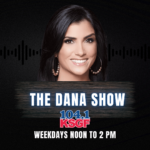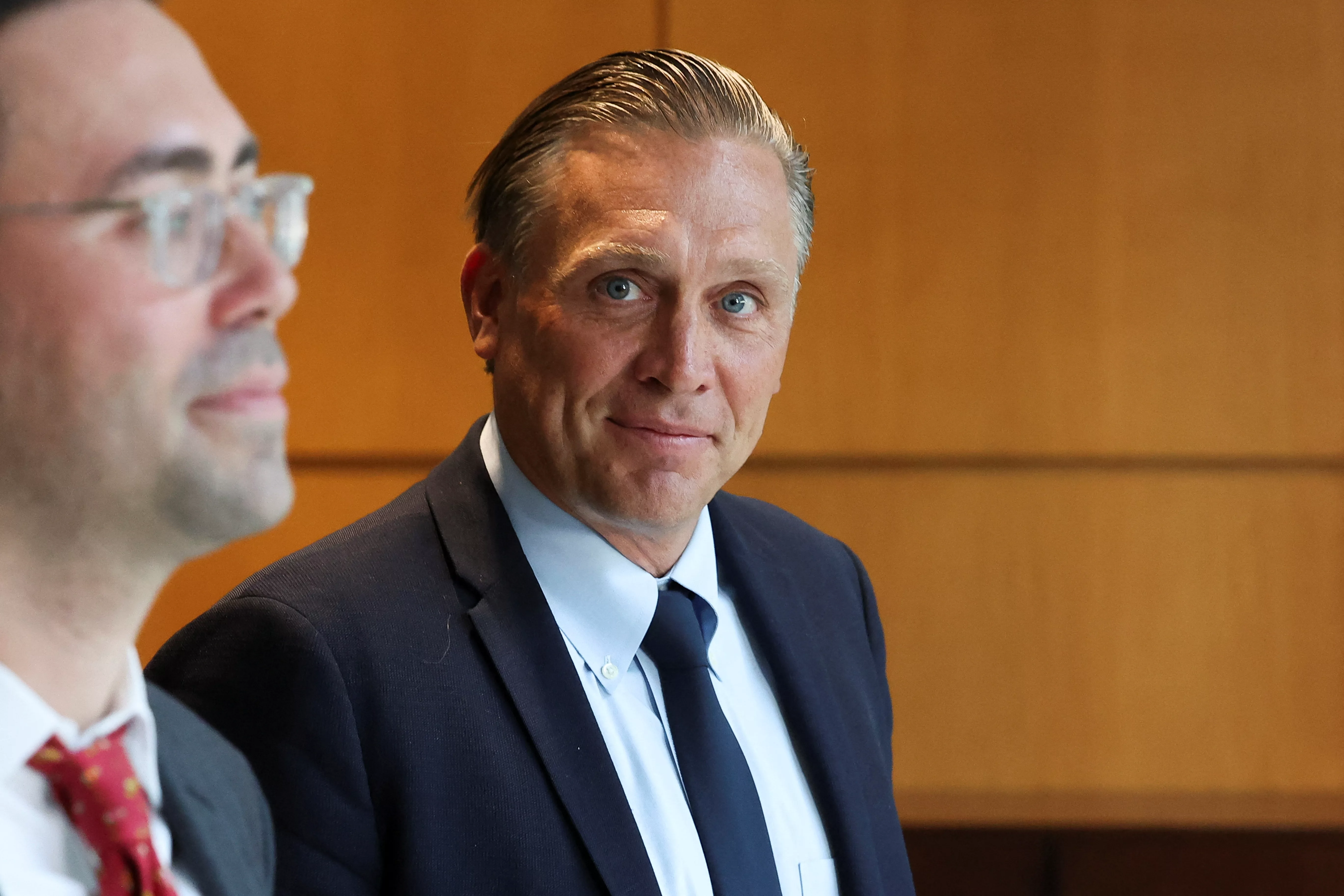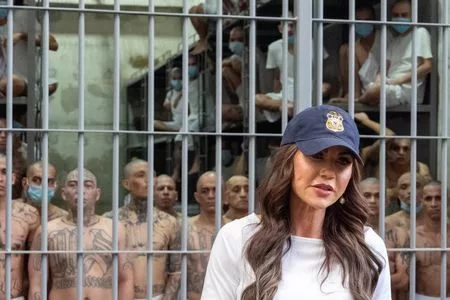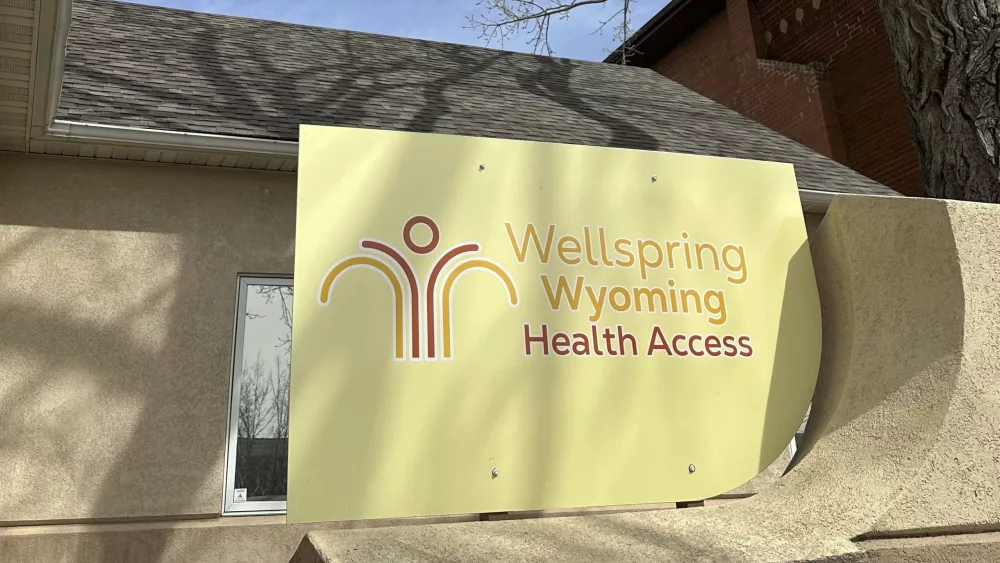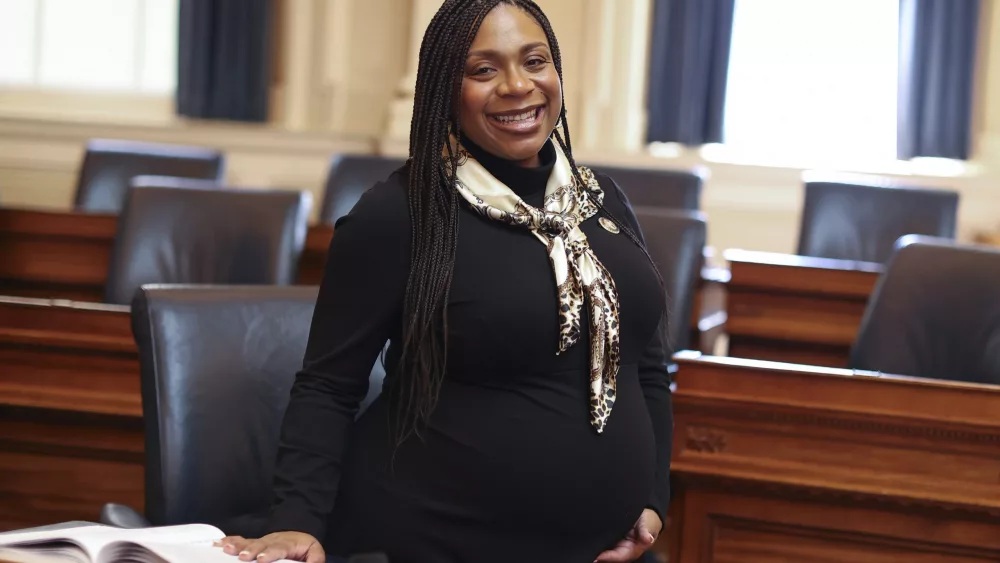WASHINGTON—House Committee on Oversight and Accountability Chairman James Comer (R-Ky.) today released the transcript from Devon Archer’s transcribed interview.
During the transcribed interview, Devon Archer confirmed then-Vice President Joe Biden was “the brand” that his son sold around the world to enrich the Biden family.
Then-Vice President Biden joined Hunter Biden and his business associates for dinners or by phone over 20 times to sell “the brand” and send a signal about their power, access, and influence.
Below are key exchanges from the transcript.
The full transcript can be found here, and documents discussed during the transcribed interview can be found here.
Then-Vice President Joe Biden was “the brand” used to send “signals” of power, access, and influence.
Majority Counsel: You keep saying “the brand,” but by “brand” you mean the Biden family, correct?
Mr. Archer: Correct.
Majority Counsel: And that brand is what, in your opinion, was the majority of what the value that was delivered from Hunter Biden to Burisma?
Mr. Archer: I didn’t say majority, but I wouldn’t speculate on percentages. But I do think that that was an element of it.
Rep. Andy Biggs: When you say “Biden family” ‑‑ sorry to cut in here. I just want to get a clarification. You aren’t talking about Dr. Jill or anybody else. You’re talking about Joe Biden. Is that fair to say?
Mr. Archer: Yeah, that’s fair to say. Listen, I think it’s ‑‑ I don’t think about it as, you know, Joe directly, but it’s fair. That’s fair to say. Obviously, that brought the most value to the brand.
***
Majority Counsel: That Hunter Biden was adding value. His value that he was adding was, in part, as you said, his family.
Mr. Archer: Uh‑huh.
Majority Counsel: And so what is your basis for knowing that?
Mr. Archer: My basis for knowing that? Well, I think there was ‑‑ there are particular, you know, objectives that Burisma was trying to accomplish. And a lot of it’s about opening doors, you know, globally in D.C. And I think that, you know, that was the, you know ‑‑ and then obviously having those doors opened, you know, sent the right signals, you know, for Burisma to, you know, carry on its business and be successful.
***
Mr. Archer: My only thought is that I think Burisma would have gone out of business if it didn’t have the brand attached to it. That’s my, like, only honest opinion. But I have no basis for any ‑‑ never heard any conversations –
Mr. Goldman: But that’s different than Joe Biden’s action.
Mr. Archer: Right.
Mr. Goldman: You’re just talking about that Hunter was on the board.
Mr. Archer: Right. And I think that’s why –
Mr. Goldman: And so –
Mr. Archer: ‑‑ it was able to survive for as long as it did.
Mr. Goldman: By ‑‑ because of additional capital or –
Mr. Archer: Just because of the brand.
Mr. Goldman: Well, I don’t understand. How does that have an impact?
Mr. Archer: Well, the capabilities to navigate D.C. that they were able to, you know, basically be in the news cycle. And I think that preserved them from a, you know, from a longevity standpoint. That’s like my honest ‑‑ that’s like really what I ‑‑ that’s like how I think holistically.
Mr. Goldman: But how would that work?
Mr. Archer: Because people would be intimidated to mess with them.
Mr. Goldman: In what way?
Mr. Archer: Legally.
Then-Vice President Joe Biden attended dinners with Hunter Biden’s foreign business associates who wired money to Biden associated LLCs.
Majority Counsel: And I want to talk about the value. Going back to this, it would be, spring of 2014 Cafe Milano dinner ‑‑
Mr. Archer: Uh‑huh. The spring of ’14, yeah, the first one.
Majority Counsel: And since we talked about it before the break, if you could just recap. Can you just say again who was there?
Mr. Archer: Sure. Kenes Rakishev, Karim Massimov, Yelena Baturina, possibly Yury, Hunter Biden, Joe Biden, possibly Eric Schwerin.
Majority Counsel: The duration of time that Joe Biden stayed there you said you couldn’t recall. But do you recall whether he had dinner or whether ‑‑
Mr. Archer: He had dinner, yeah. I recall that he had dinner. It was a regular ‑‑ not a long dinner, but dinner.
Majority Counsel: And so this dinner takes place in spring of 2014, approximately. But then do you recall getting a wire on February 14th of 2014 from Yelena Baturina for $3.5 million to Rosemont Seneca Thornton?
Mr. Archer: To Rosemont Seneca Thornton?
Majority Counsel: Yes.
Mr. Archer: Yes. And why I remember that is from the ‑‑ from other testimony. Yes.
***
Majority Counsel: There’s a wire, an incoming wire, to the Rosemont Seneca Bohai account for April 22nd of 2014 for $142,300. Soon thereafter, there’s an outgoing wire, which appears to be the next day, to a beneficiary of Schneider Nelson Motor for this exact same amount. What was ‑‑ first off, our understanding is that Novitas Holdings, PTE Ltd. is associated Kenes Rakishev.
Mr. Archer: That’s my understanding.
Majority Counsel: Why did Rosemont Seneca Bohai receive this $142,000 payment from Rakishev?
Mr. Archer: It was for a car.
Majority Counsel: For whose car?
Mr. Archer: For Hunter’s car.
Majority Counsel: Was this a Porsche?
Mr. Archer: It gets a little foggy here. I believe it was a Fisker first and then a Porsche. But it was ‑‑ yes, it ‑‑
Majority Counsel: For an expensive car.
Mr. Archer: For an expensive car, yes.
***
Majority Counsel: All right. Let’s move on to the second dinner ‑‑
Mr. Archer: The second dinner.
Majority Counsel: ‑‑ the spring 2015 Cafe Milano. Who was there?
Mr. Archer: That dinner was ‑‑ I think we went over it before, but it was Vadym, Hunter, Joe, myself, Karim Massimov, a Greek Orthodox priest, maybe someone from World Food Programme.
Majority Counsel: And what did Joe do at that dinner? Did he have dinner? How long was he there?
Mr. Archer: He had dinner. He had dinner. And there was ‑‑ on that one, I believe the first one was, like, a birthday dinner, and then the second was ‑‑ I think we were supposed to talk about the World Food Programme. So there was some talk about that.
***
Then-Vice President Joe Biden spoke with Hunter Biden’s business associates by speakerphone.
Majority Counsel: How many times would you say that Hunter Biden put his father on speakerphone or referenced his father being on the phone in front of others who were either foreign investors or foreign nationals who he was soliciting business with or working with, approximately?
Mr. Archer: Approximately? The differentiation between investor and normal course of day ‑‑ you know, that’s a very hard thing to speculate on. But he ‑‑ they spoke every day. He acknowledged that they spoke every day. And he would ‑‑ you know, he would sometimes make it apparent that he spoke to his dad, and sometimes he put him on speaker. But as far as quantifying the number, you know, relative to investors, I don’t know.
Majority Counsel: Not necessarily investors but with people who Hunter Biden was trying to either get business with or make contacts with or add value to?
Mr. Archer: In my 10 ‑‑ in my whole partnership, maybe 20 times.
Majority Counsel: And during those 20 times, did Hunter Biden ever place his dad on speakerphone?
Mr. Archer: Yes.
***
Majority Counsel: But if I were to just call my dad right now and put him on speakerphone and we’re in a professional business meeting here, would that be odd to you?
Mr. Archer: Would that be odd to me?
Majority Counsel: Yes.
Mr. Archer: That would be odd, if you called your dad right now.
Majority Counsel: So there is a time and a place when it’s professional to do ‑‑ excuse me ‑‑ where you’re in a personal meeting and you may call your dad or a family member if you’re with family. But if you’re in a professional meeting and you’re meeting foreign business leaders or whoever it may be and you just place your dad on speakerphone on the table, that’s a little odd, isn’t it?
Mr. Archer: That is a little odd. I mean, it’s not odd ‑‑ I mean, it’s quite obvious what we’re talking around.
Majority Counsel: So what are we talking about? You are talking around it, and so I’d like to get out, what are we talking about here?
Mr. Archer: That, I think, at the end of the day, part of what was delivered is the brand. I mean, it’s like anything, you know, if you’re Jamie Dimon’s son or any CEO. You know, I think that that’s what we’re talking about, is that there was brand being delivered along with other capabilities and reach … I think “brand” is the best way to describe it.
***
Majority Counsel: Going back to the calls that Hunter Biden would put on speakerphone with his father and others, can you describe what the other people would say, if you can recall, after Hunter Biden did that? Because I’ll tell you, just from an everyday American, if someone were to put the Vice President of the United States on the phone right in front of you, it’d be pretty impressive ‑‑
Mr. Archer: Absolutely.
Majority Counsel: —and I would think there would be some sort of reaction from those people.
Mr. Archer: Yeah, I think everybody ‑‑ I think everybody remains, you know, cool and calm like it was, you know ‑‑ and then probably called their friends and family and said that they spoke to him. But, you know, the reaction ‑‑ I don’t have any specifics of, like, people jumping up and giving high‑fives, but I think it was, you know, a signal that, you know, they respected and thought was of value.
Burisma executives requested Hunter Biden to get “help from D.C.” to address “government pressure.”
Majority Counsel: Did ‑‑ during that I’ll say after dinner at the Four Seasons, did Mykola Zlochevsky or Vadym ask Hunter Biden to make any phone calls?
Mr. Archer: Yes, though I was not party to that phone call.
Majority Counsel: What was the request?
Mr. Archer: The request was I think they were getting pressure and they requested Hunter, you know, help them with some of that pressure.
Majority Counsel: What pressure?
Mr. Archer: Government. Government pressure on their ‑‑ you know, government pressure from Ukrainian Government investigations into Mykola, et cetera. But it was ‑‑ it was not ‑‑ it wasn’t like a specific ‑‑ not a specific request. It was just we were sitting there at the Four Seasons having, you know, coffee and there was ‑‑ there was Mykola, there was one of the managers for the Four Seasons who managed that property, Vadym. So it wasn’t like a closed ‑‑ it was not like a specific meeting.
Majority Counsel: When you say pressure from the government, at this time were you aware that Viktor Shokin was investigating Burisma?
Mr. Archer: To the best, I vaguely ‑‑ whether it was Shokin, I vague ‑‑ there was a lot of pressure initially. There was ‑‑ there was several pressure issues. It was kind of a theme of Burisma.
There was capital tied up in London, 23 million pounds. There was, you know, a U.S. visa denied and then a Mexico visa denied. And then there was ‑‑ so Shokin wasn’t specifically on my radar as being an individual that was ‑‑ that was targeting him. But yes, there was constant pressure. And it was like ‑‑ it was like whack‑a‑mole in regards to the pressures that had to resolve.
Rep. Jim Jordan: The request from Mr. ‑‑ from Mykola Zlochevsky and Vadym to Mr. Biden and/or if you said it was to you, the request for help from whom to deal with what pressure?
Mr. Archer: The request ‑‑ you know, basically the request is like, can D.C. help? But there were not ‑‑ you know, I’m not going to ‑‑ there were not ‑‑ it wasn’t like ‑‑ there weren’t specific, you know, can the big guy help? It was ‑‑ it’s always this amorphous, can we get help in D.C.?
***
Rep. Biggs: So why do you think they were asking Hunter Biden for D.C. help?
Mr. Archer: I mean, why?
Rep. Biggs: I mean, what did you take away from that?
Mr. Archer: Well, I mean, he was a lobbyist and an expert and obviously he carried, you know, a very powerful name. So I think it was ‑‑ that’s what they were asking for.
